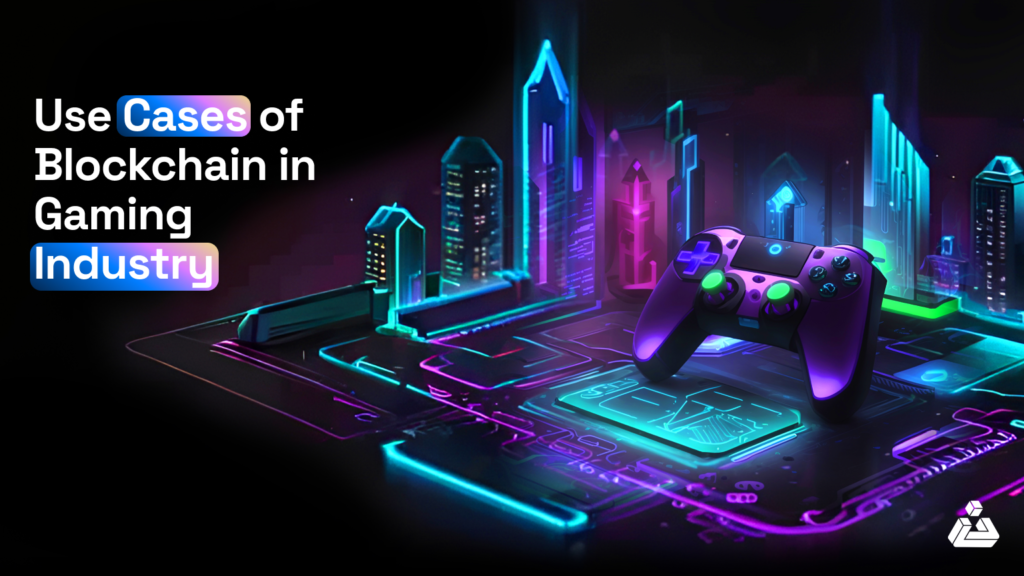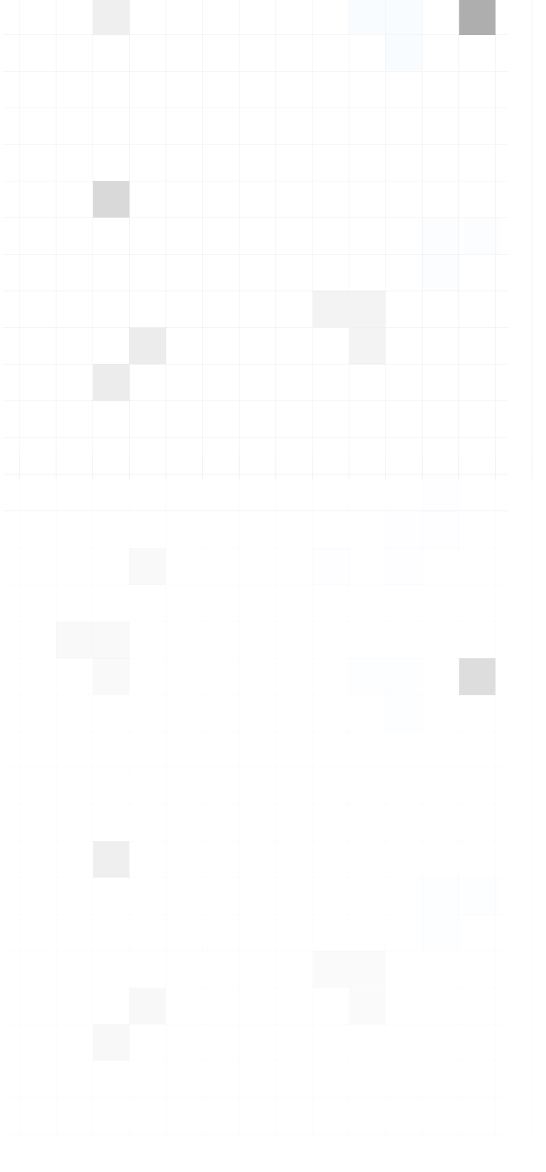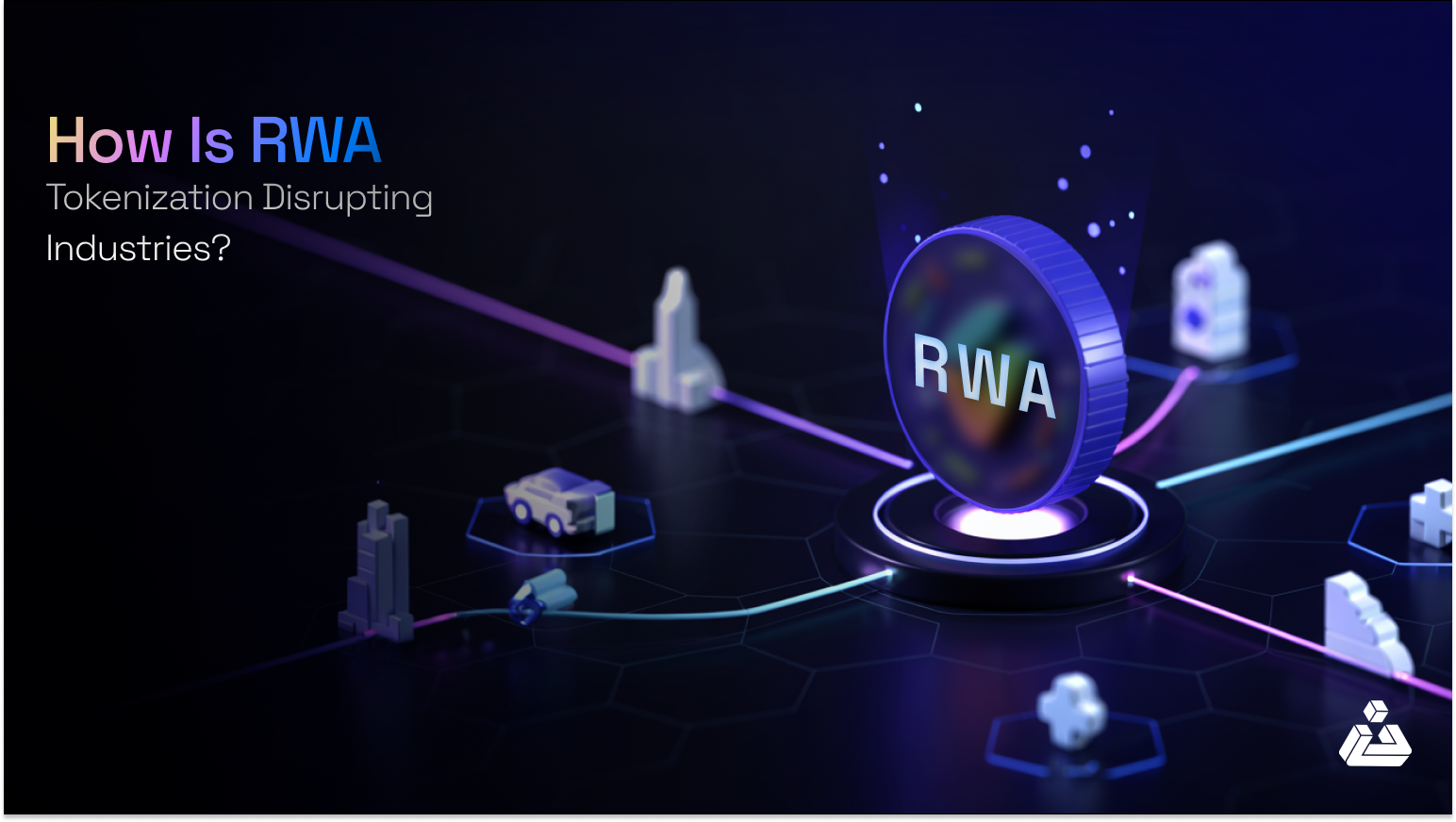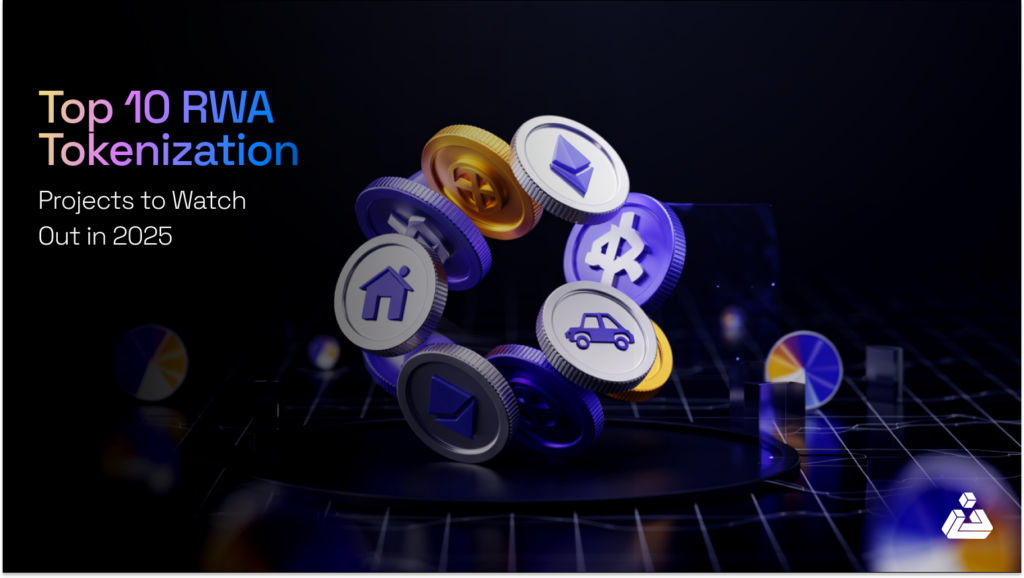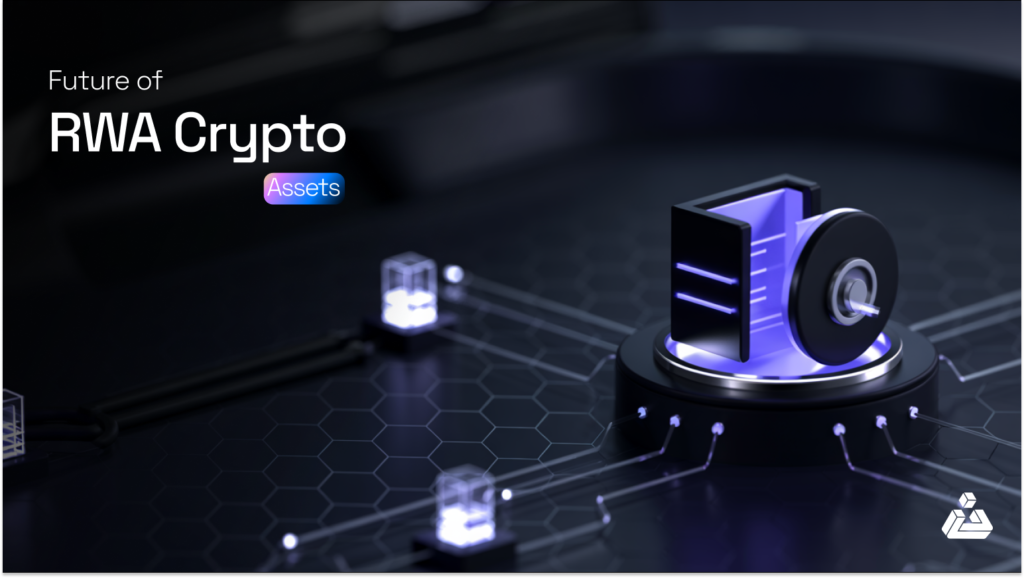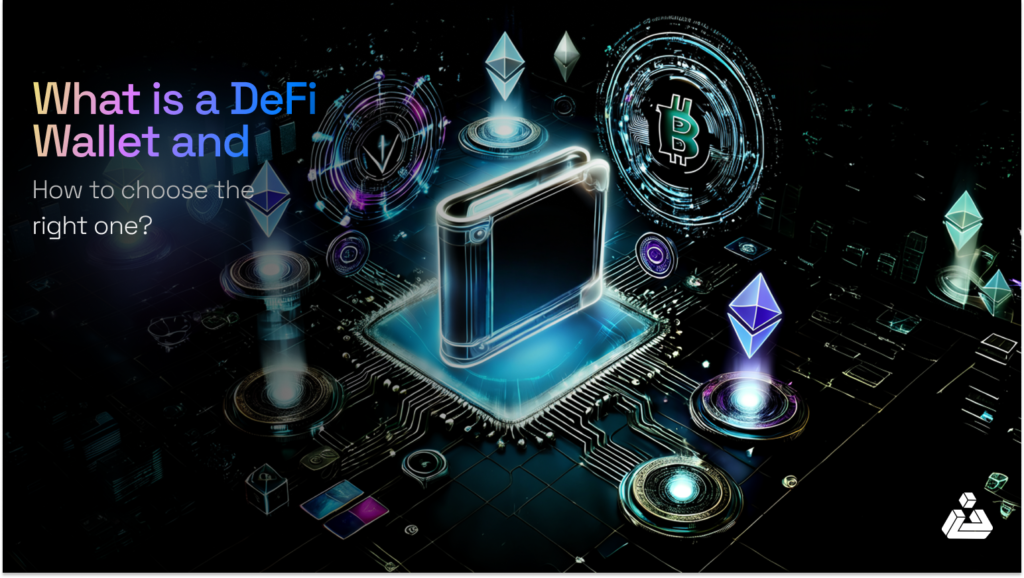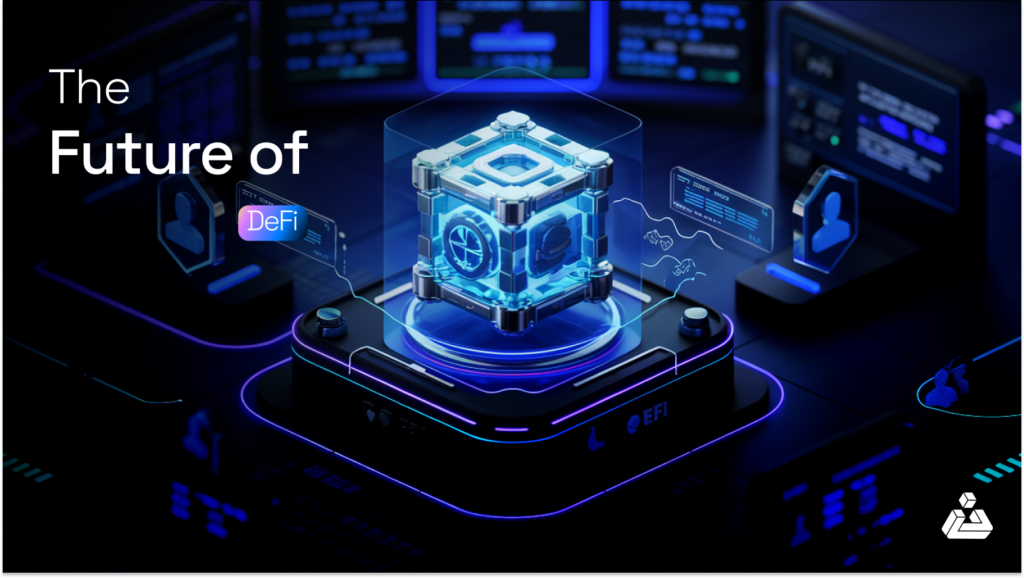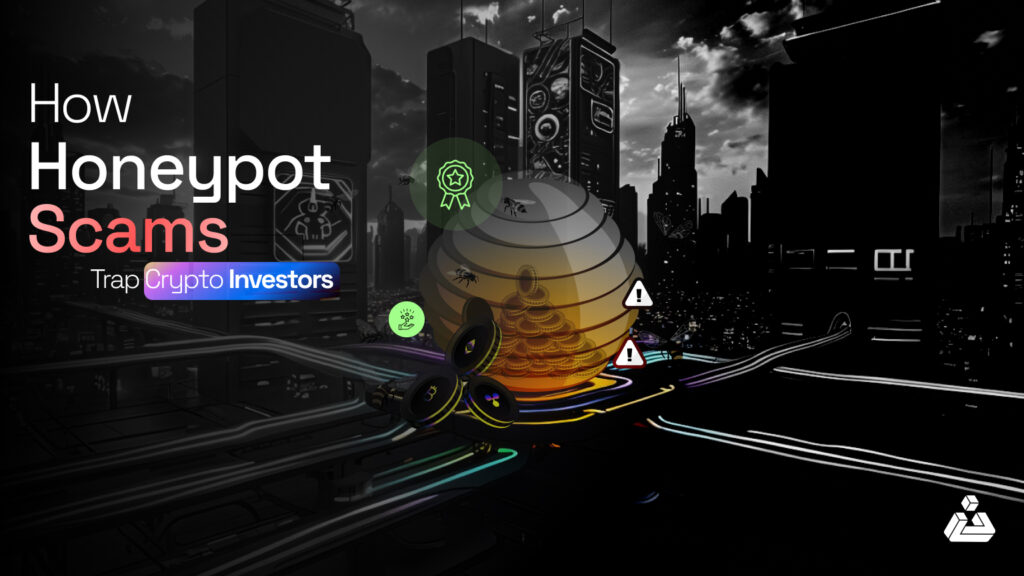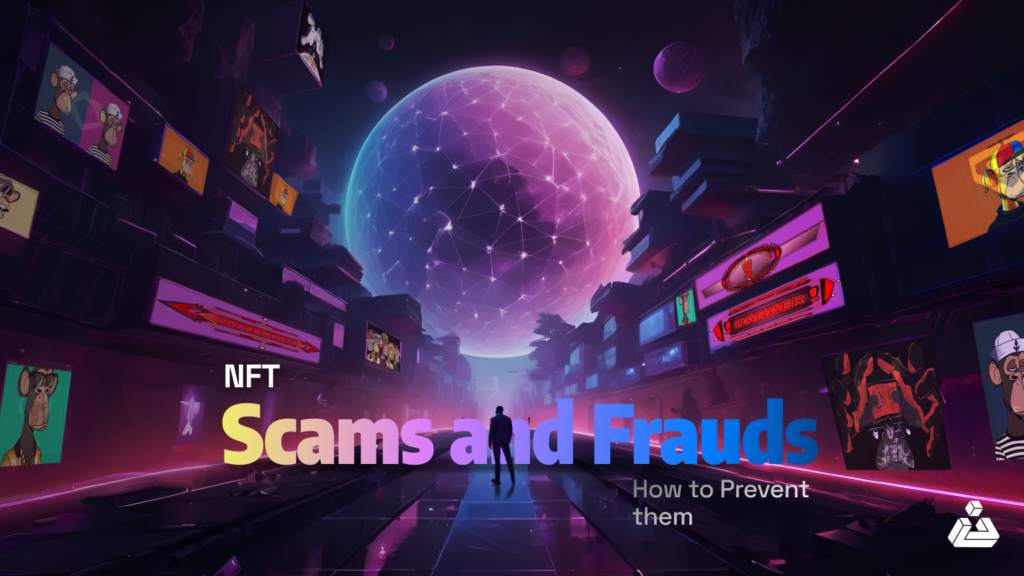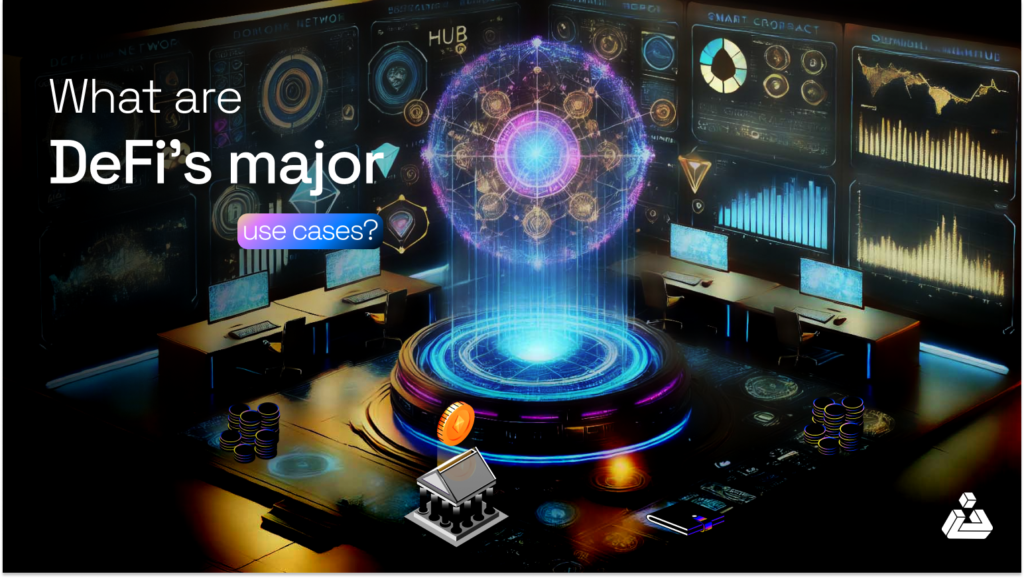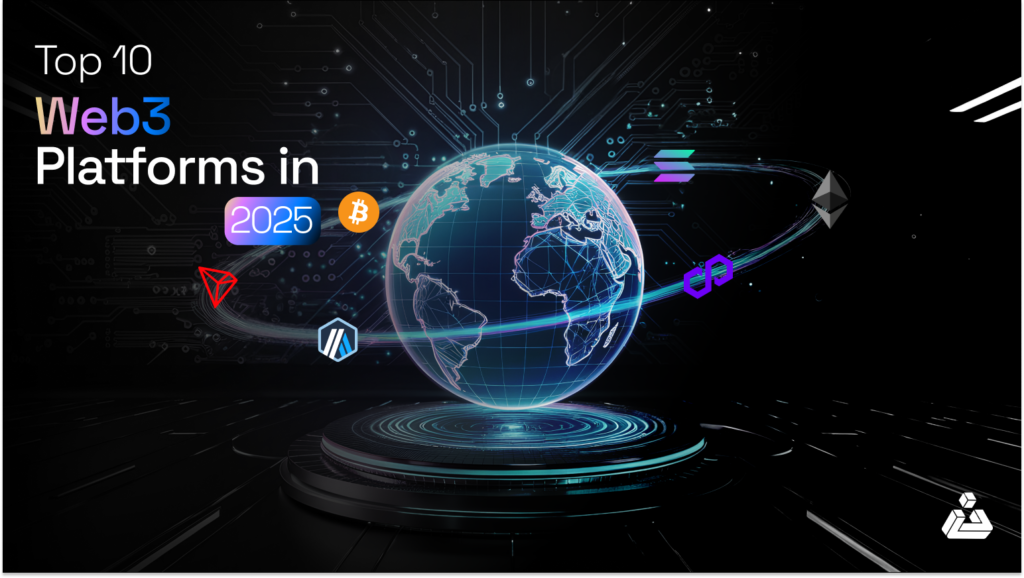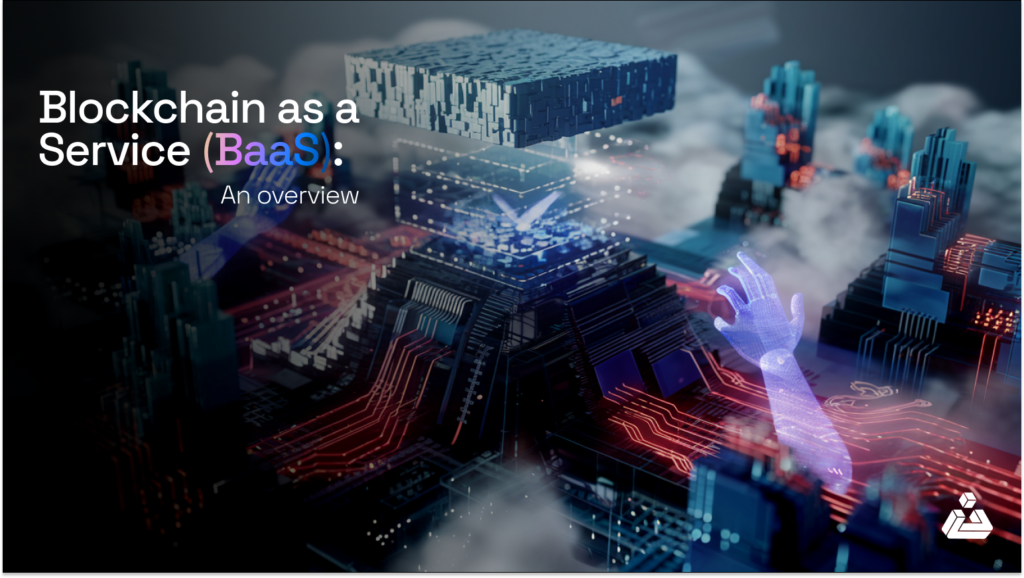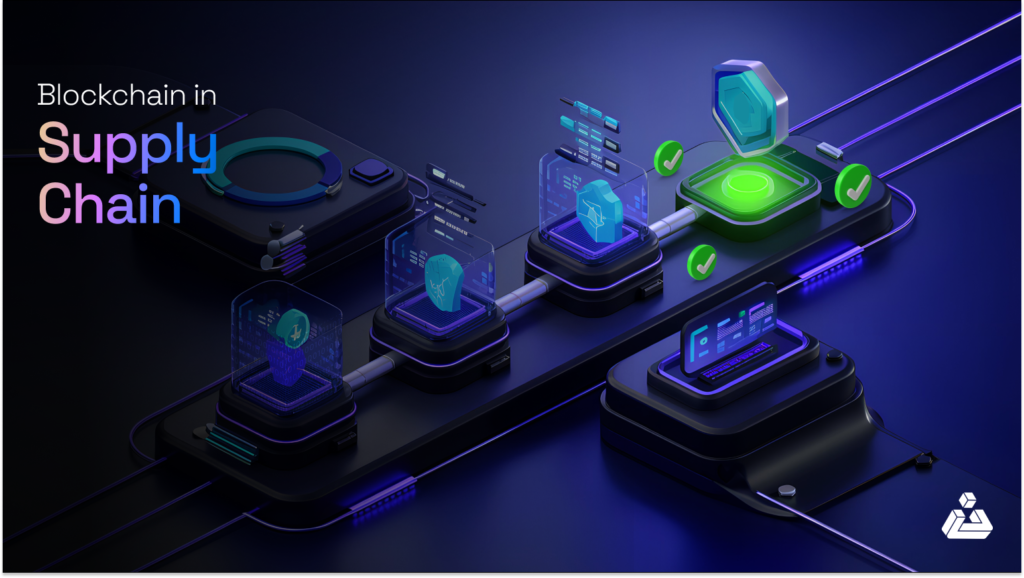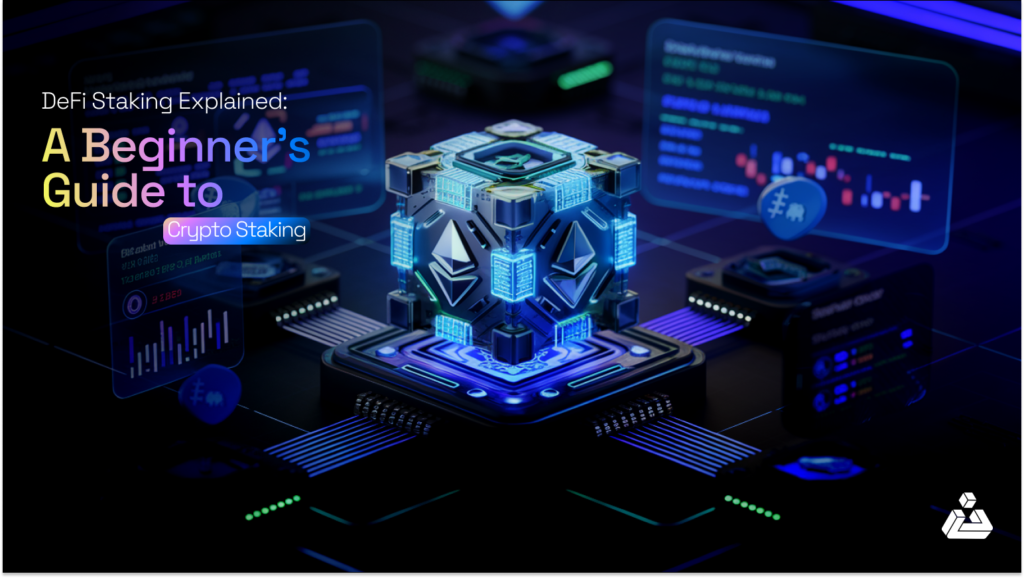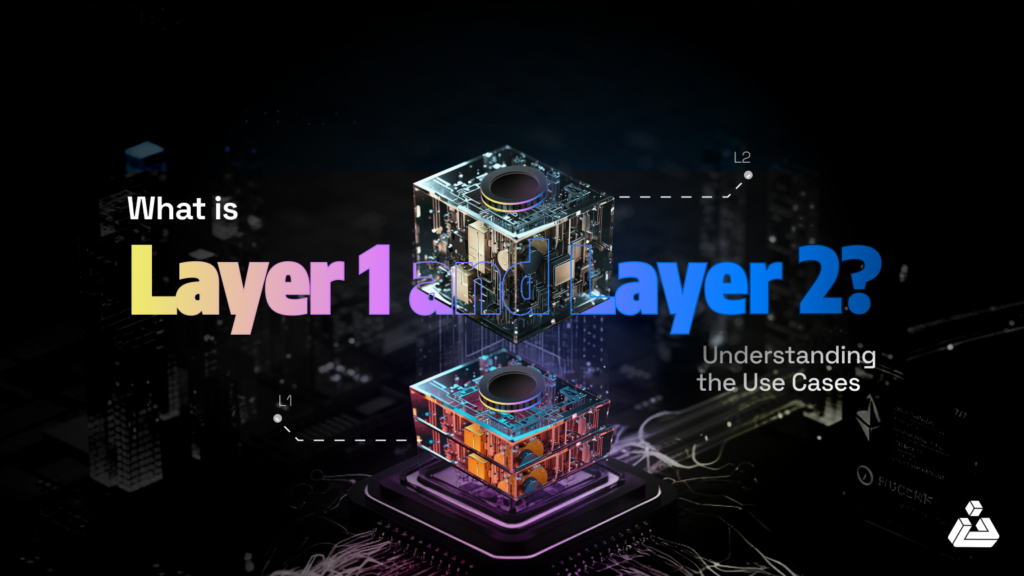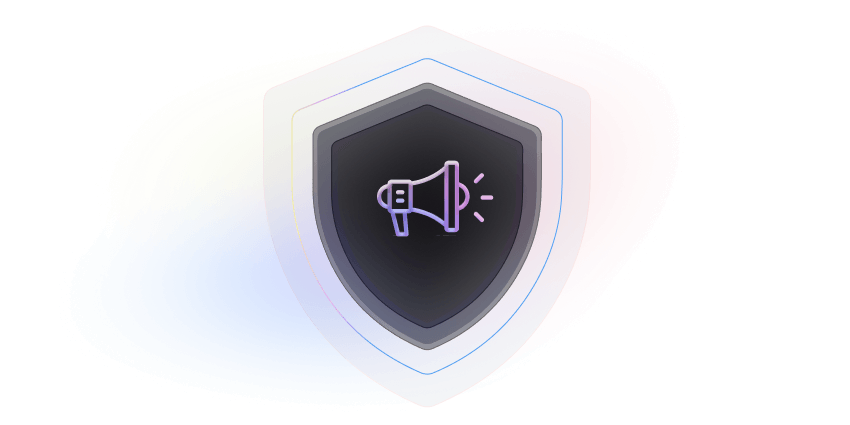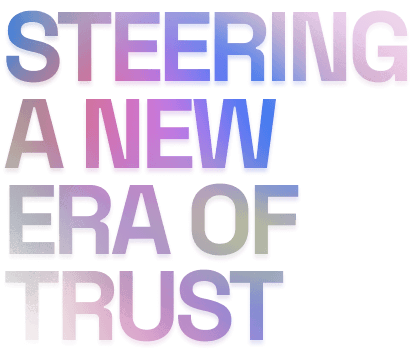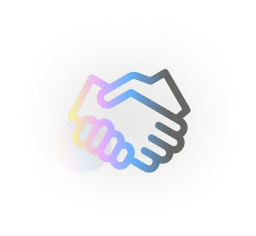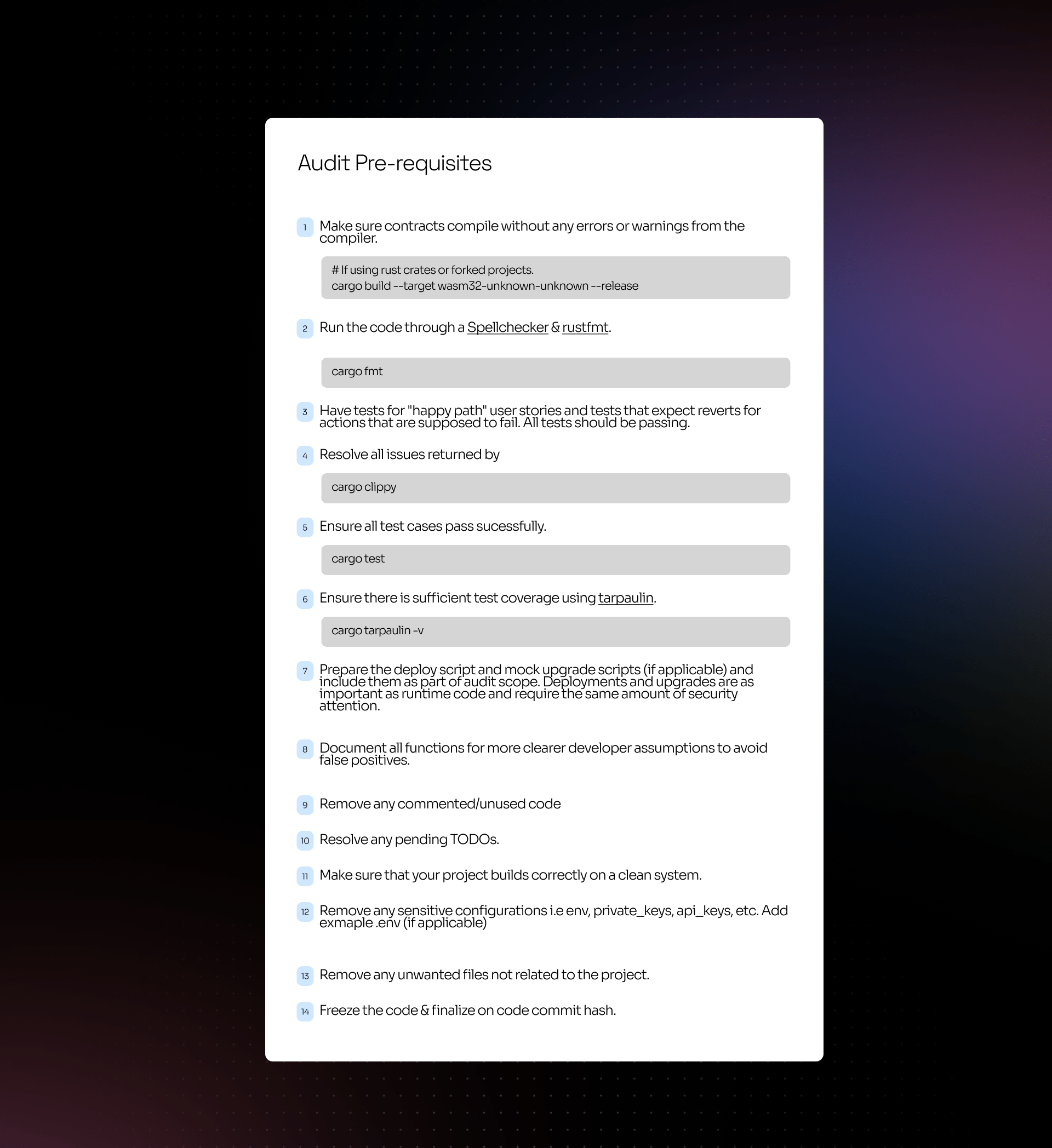The gaming industry has rapidly evolved into a global phenomenon, but even with such technological advancements, it faces challenges like ownership, security, and monetization. Many games follow a centralized model where game developers control all aspects, from asset ownership to security. This centralization leaves games vulnerable to hacking, server downtime, and data breaches. Blockchain offers a solution to these challenges by decentralizing the ecosystem, ensuring true asset ownership, improved security, and transparent in-game economies.
Vitalik’s Inspiration: Blockchain and Gaming:
Vitalik Buterin, the co-founder of Ethereum, famously experienced a loss of in-game assets when a centralized server decided to modify the game. This led to his realization that a decentralized, programmable blockchain could protect digital assets from such sudden changes. This vision helped lay the foundation for a blockchain-based future, where gaming would no longer be vulnerable to centralized decisions.
Market Growth & Popular Games:
The global gaming market is massive, valued at over $312 billion, and blockchain is making significant strides in this sector. Several blockchain-based games have gained popularity, driving player engagement through digital ownership and new economic models. Some of these games are:
1- Decentraland (Virtual Reality Platform):
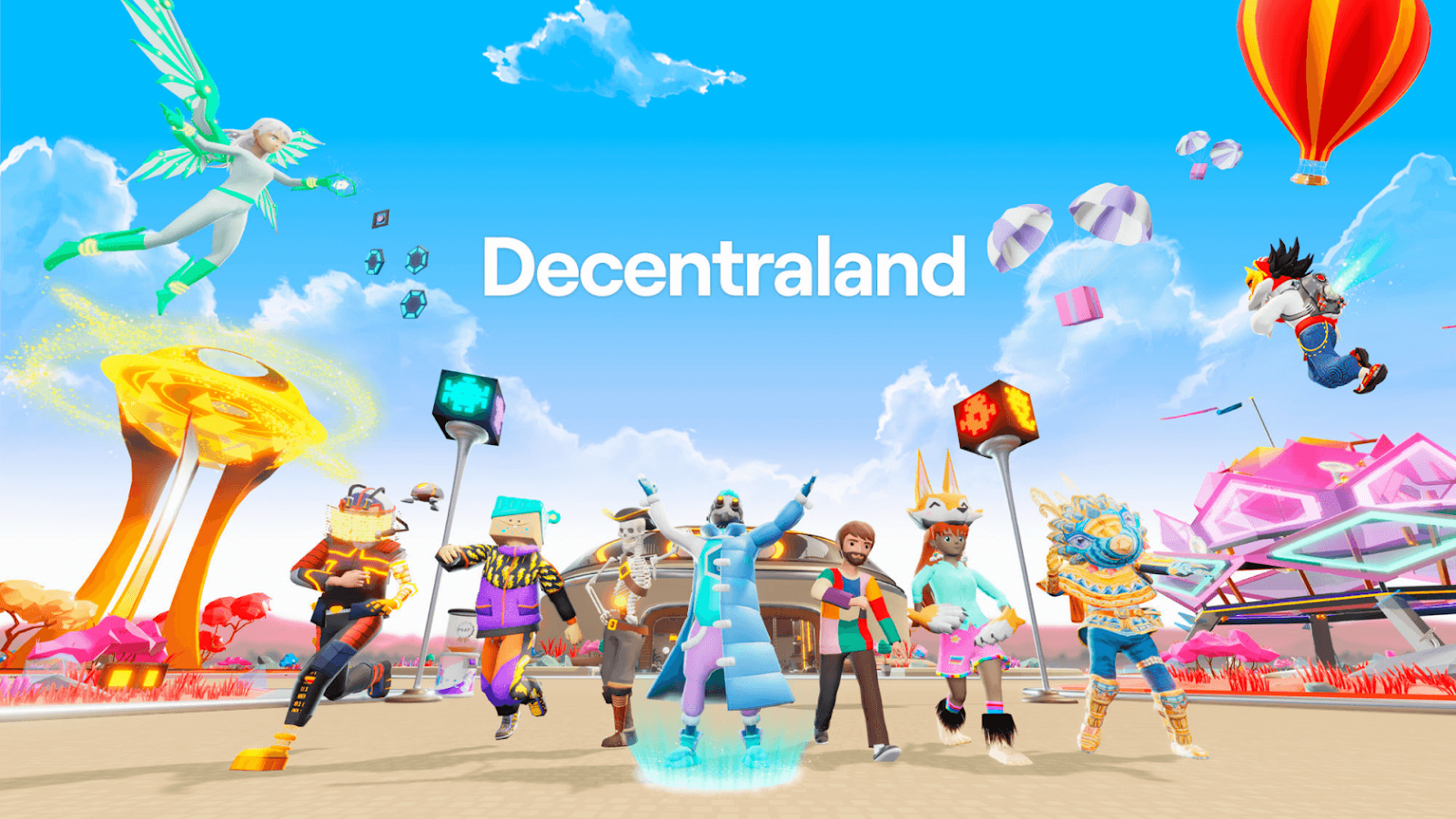
- Decentraland is a decentralized virtual reality platform built on the Ethereum blockchain. Utilizing the original cryptocurrency of the platform, MANA, it allows users to purchase, develop, and trade virtual landpieces as NFTs.
- Players can create, experience, and monetize content and applications within the Decentraland metaverse. The platform serves as a DAO, where MANA holders can vote on decisions affecting the platform.
- The market cap of MANA has fluctuated but was recently valued at around $300 million. Decentraland’s marketplace has seen notable transactions, such as the sale of land parcels for millions of dollars, and it has attracted brands like Samsung, Adidas, and PwC.
2- CryptoKitties:
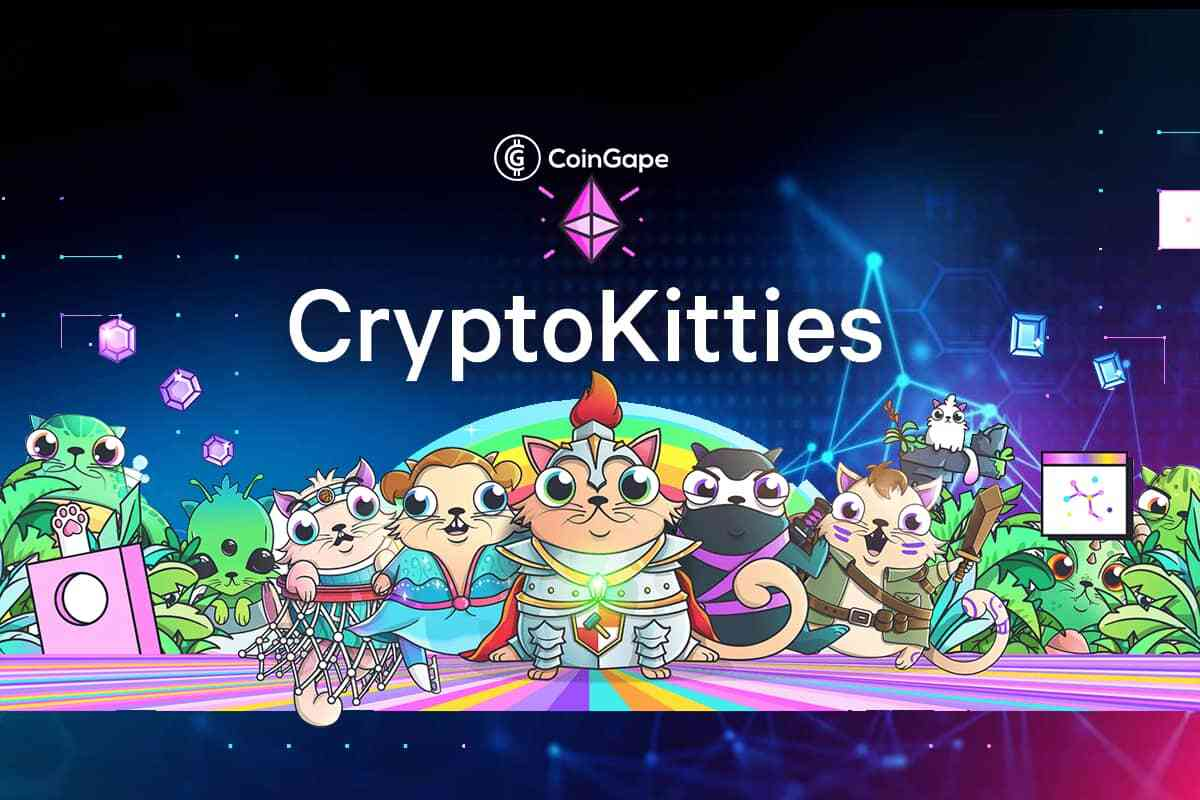
- CryptoKitties, launched in 2017 on the Ethereum network, is one of the earliest and most popular blockchain games. The game features virtual cats as unique NFTs that the player collects, breeds or trades.
- Each CryptoKitty has unique digital genetics that makes it different from the rest. Players can breed two CryptoKitties to produce children with new and rare genetic traits. The rarity and desirability of certain traits make some CryptoKitties more valuable than others.
- The game’s popularity caused network congestion on Ethereum shortly after its release, demonstrating the demand for unique digital assets. While its user base has stabilized, CryptoKitties remains a hallmark of NFT-based games with millions in transaction volume in its early years.
3- My Crypto Heroes:
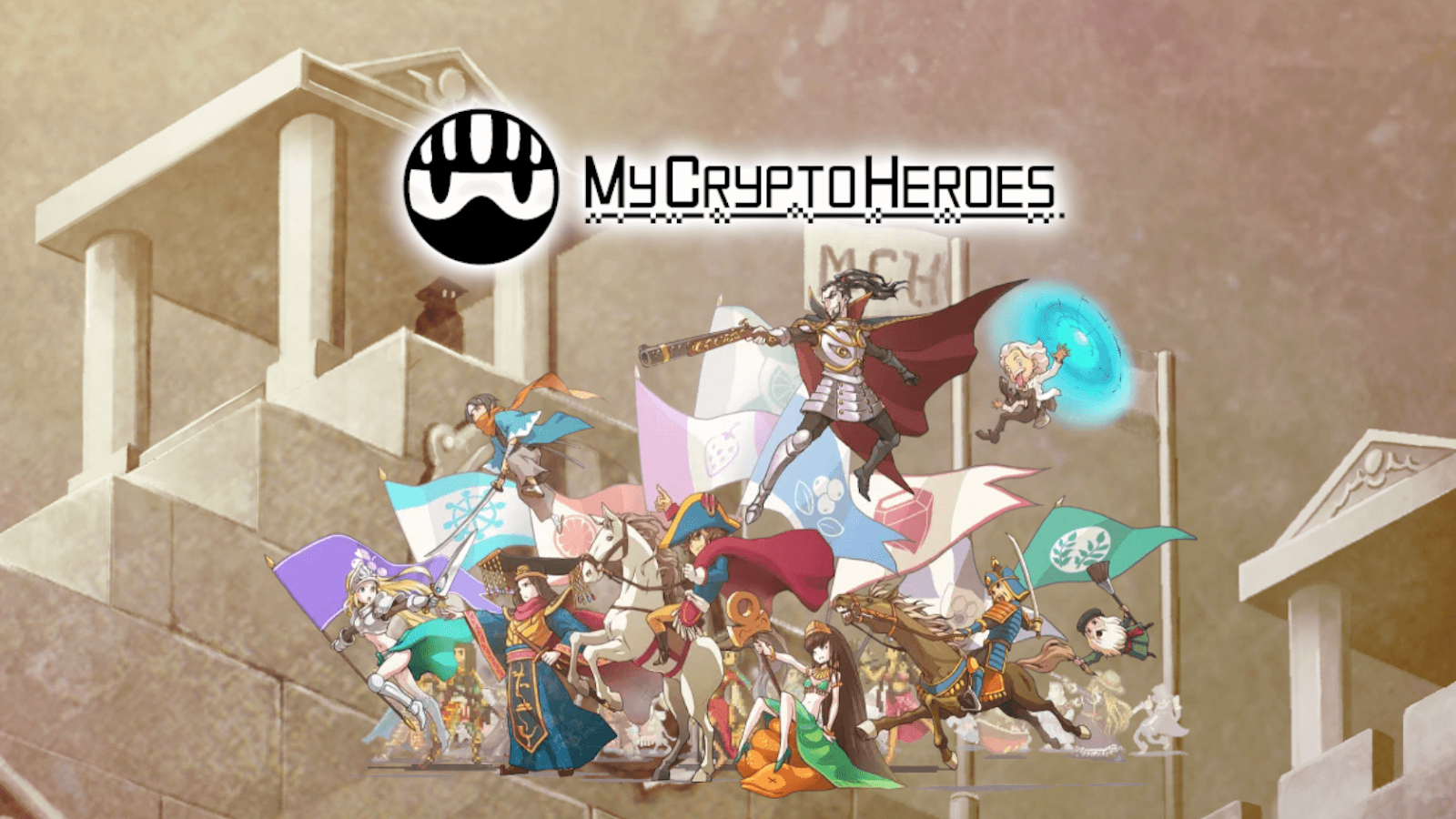
- My Crypto Heroes is a turn-based role-playing game (RPG) built on the Ethereum blockchain. Historical heroes are represented as unique NFTs. Players collect these heroes, train them and engage in battle to level up their characters.
- Multiple quests, battles, and events are included in the game for players to earn in-game assets like heroes, equipment and land. These assets can be traded on the cryptocurrency market. The game also includes a feature allowing players to battle against each other.
- The game has seen over 96,000 unique NFTs in circulation with nearly 7,000 unique holders. The token, MCHC, has a market cap of approximately $3 million, though it reached an all-time high in 2021 with a market value significantly higher than today.
4- Mythereum:
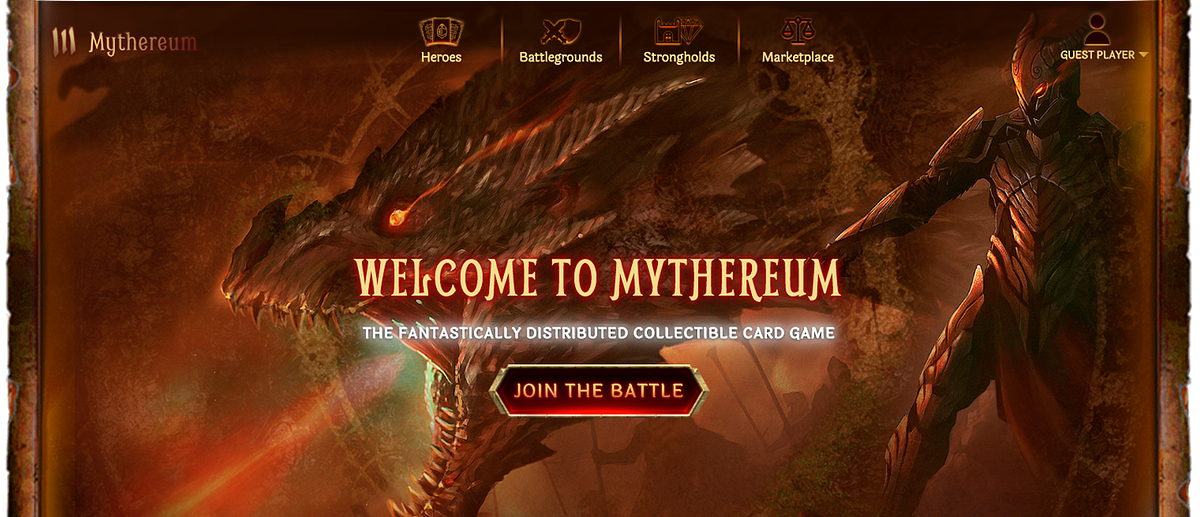
- Mythereum is a trading card game built on the Ethereum blockchain. Each digital card is represented by a unique NFT and players collect and battle using these cards. A mythical world is created by the developers and players must use a strategy to defeat others in a duel.
- A deck of cards built by the players, each with their unique strengths and weaknesses. Players carry out battles against each other with the goal of reducing the opponent’s health point to zero. These cards can be earned, traded, or sold on the marketplace.
- The exact current valuation of its in-game assets fluctuates but it has maintained a dedicated community of players who actively trade and battle for strategic advantage.
5- Axie Infinity:
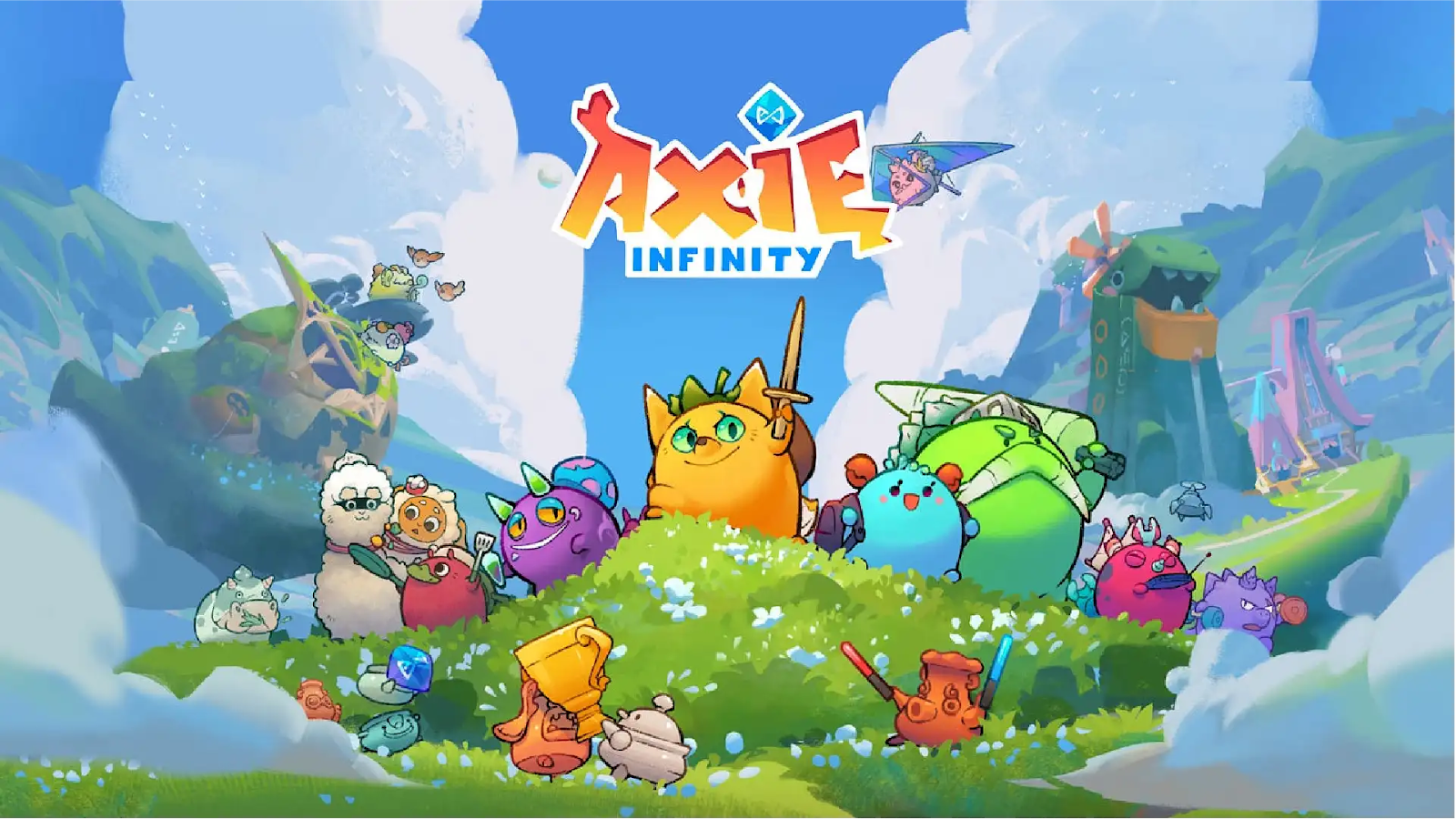
- Axie Infinity is a blockchain-based game where players collect, breed, and battle fantasy creatures called Axies which are all represented as unique NFTs. The game is built on the Ethereum blockchain.
- Each Axie has unique characteristics and stats based on their genetic makeup and players engage in battles with their team of Axies. The marketplace can be used to trade Axies which can be bred as well as offering rare traits. The game also features land ownership allowing players to buy and develop land within the game.
- At its peak, Axie Infinity reached a market cap of over $10 billion in 2021. The game’s play-to-earn model, allowing players to earn cryptocurrency by participating, led to a surge in its user base, with some players making substantial incomes through the game.
Use Cases of Blockchain in Gaming:
Blockchain technology has revolutionized the gaming industry in various ways. Such integration allows numerous use cases from which the gaming industry can benefit. Some are:
1- Digital Ownership and Asset Management:
-
In-Game Items as NFTs:
Traditional games did not allow users to truly control the in-game assets. With blockchain, in-game assets can be represented as non-fungible tokens (NFTs). These tokens are digital assets that players can own on the blockchain. These tokens ensure that the player has full ownership and control over their items, whether it’s a rare weapon, a special skin, or a collectible card and these are tradable.
-
Marketplace for Buying, Selling, and Trading Assets:
NFTs have created a solid marketplace for in-game assets. Players can buy, sell, and trade their NFTs on decentralized marketplaces, often for cryptocurrency. These assets can also be traded across different platforms and games.
2- Play-to-Earn (P2E) Models:
-
Rewarding Players with Cryptocurrency:
P2E is a unique model assisting players to earn real-world value by participating in games. Blockchain enables these rewards to be distributed as cryptocurrencies or NFTs. They can be used by players in-game or for trading on exchanges for real money.
-
Impact on Player Engagement and Game Economies:
P2E models develop player engagement by giving them a financial stake in the game. Since players can earn significant rewards, they are motivated to spend more time playing. This model also creates dynamic in-game economies where players can trade items, characters, and currency. As these economies grow, they can attract more players and developers, leading to a more vibrant and sustainable gaming ecosystem.
3- Decentralized Gaming Ecosystems:
-
DAO-Governed Games:
Decentralized Autonomous Organizations (DAOs) are blockchain-based organizations managed by smart contracts, with token holders making collective choices rather than a central authority. In gaming, DAOs can be used to make a game that would allow the players to vote on key decisions, creating a more democratic and transparent development process.
-
Community-Driven Game Development and Governance:
The community becomes an important part of the game’s development with DAO-governed games. Players themselves propose and vote for the addition of features, game mechanics or expansions enabling an increase in player engagement. This opens up opportunities for developers to receive direct feedback and support from their player base.
4- Interoperability Between Games:
-
Cross-Game Asset Use:
Interoperability is made easier with blockchain technology. Digital assets that are tokenized on the blockchain can be used across multiple games. For example, a sword acquired in one game could be used in another, creating a more seamless gaming experience.
-
Universal Profiles and Game Histories:
Blockchain allows players to maintain universal profiles that record their gaming achievements, histories, and assets across all games they play. It allows players to maintain a consistent identity and reputation, which can be recognized and rewarded across multiple games.
5- Enhancing Virtual Realities and Metaverses:
-
Integration with Blockchain for Virtual Economies:
The integration of blockchain with virtual reality spaces would create solid virtual economies. In a blockchain-powered metaverse, users can buy, sell, and trade virtual land, items, and services using cryptocurrencies. These transactions are secure, transparent, and verifiable, ensuring a stable and trustworthy economy within the virtual world.
-
Ownership of Virtual Land and Property:
Blockchain enables true ownership of virtual land and property. Users can buy, trade, or sell virtual property as NFTs. This ownership is recorded on the blockchain, ensuring that the land cannot be duplicated or stolen. The concept of virtual real estate is becoming increasingly popular, with some users buying and selling virtual land for significant sums of money.
Challenges and Limitations:
Blockchain in gaming is getting recognition worldwide but there are some challenges that affect this adoption. These are:
-
Scalability Issues:
Blockchain in gaming is developing but scalability issues still remain a concern. Blockchain networks can sometimes struggle with high transaction volumes. This can lead to slow processing times and high transaction fees, which are not feasible for games that require real-time interactions or frequent microtransactions. As games grow with time and the user base increases, the underlying blockchain technology might get congested, impacting the gaming experience.
-
Regulatory Hurdles:
Regulatory concerns have always been a challenge for blockchain adoption. The integration of blockchain and gaming raises various regulatory concerns, particularly around the use of cryptocurrencies and NFTs. Different nations have different rules regarding digital assets. This creates legal hurdles for game developers. Money laundering, taxation, and compliance with local laws are important challenges that need to be addressed.
-
Worldwide Adoption:
The use of blockchain in gaming worldwide faces several challenges, including the complexity of blockchain technology, the need for digital wallets, and the use of cryptocurrencies. Players who are unaware of this technology require technical expertise to guide them through the process, this can become a steep learning curve. Also the user experience in blockchain is not as smooth and streamlined as in traditional games which is also a concern for worldwide adoption. Improving user experience and making blockchain more accessible to the average gamer is essential for worldwide adoption.
Future Trends:
Once the challenges faced with the integration of blockchain in gaming are resolved, the future of this new industry looks promising.
-
Widespread Adoption of Play-to-Earn (P2E) Models:
In the days to come, Play-to-Earn (P2E) models may become a standard feature in blockchain gaming. P2E models allow players to earn real-valued money from in-game activities, such as completing quests, battling opponents, or trading virtual assets. Adoption of such models could lead to the creation of gaming platforms that allow players to earn money through gaming.
-
Expansion of Decentralized Gaming Ecosystems:
DAOs are expected to play an important role in the governance of gaming platforms. A rise in decentralized gaming ecosystems is expected that would allow players to play a part in setting up the rules and regulations of the game and further advancements that may be needed. This would attract more people into the gaming industry since they can influence game mechanics and economic policies within the game.
-
Enhanced Security and Anti-Cheating Measures:
One of the main features of blockchain technology is the security it provides. As this technology continues to make amendments and get better, it will provide further enhancement in security and anti-cheating measures within the game. The transparency and immutability of blockchain can be utilized to create systems that record every transaction and in-game activity that may take place on a public ledger, making it almost impossible for cheating to occur undetected. This trend will lead to fairer and more trustworthy gaming environments, enhancing the overall integrity of competitive play.
Key Takeaways:
- Blockchain in gaming is revolutionizing the industry by providing better measures to enhance security and complete ownership.
- All in-game digital assets can be represented with the help of NFTs and can be traded within or outside the game.
- Blockchain supports the creation of decentralized gaming platforms serving as a DAO allowing players to participate in the governance of the game.
- Blockchain facilitates interoperability, allowing digital assets to be used across multiple games and platforms.
- Blockchain gaming faces challenges such as scalability issues, regulatory hurdles, and worldwide adoption despite its groundbreaking features.
- Emerging trends in blockchain gaming include the widespread adoption of P2E models, expansion of decentralized gaming ecosystems, and enhanced security measures.
Conclusion:
In conclusion, blockchain technology is set to revolutionize the gaming industry by offering enhanced security, true ownership of digital assets, decentralized ecosystems, and new economic models. There are still a few challenges and hurdles such as regulatory concerns and scalability issues that need to be resolved. As the technology continues to grow, it is likely to play a pivotal role in changing the next generation of gaming experiences.
BlockApex, with its highly trained engineers, is in a position to lead the integration of blockchain in the gaming industry. The technical capabilities present at our company can help the game developers navigate the issues with blockchain ensuring secure, scalable, and user-friendly solutions. To unlock the full potential of blockchain in gaming, contact us now!



